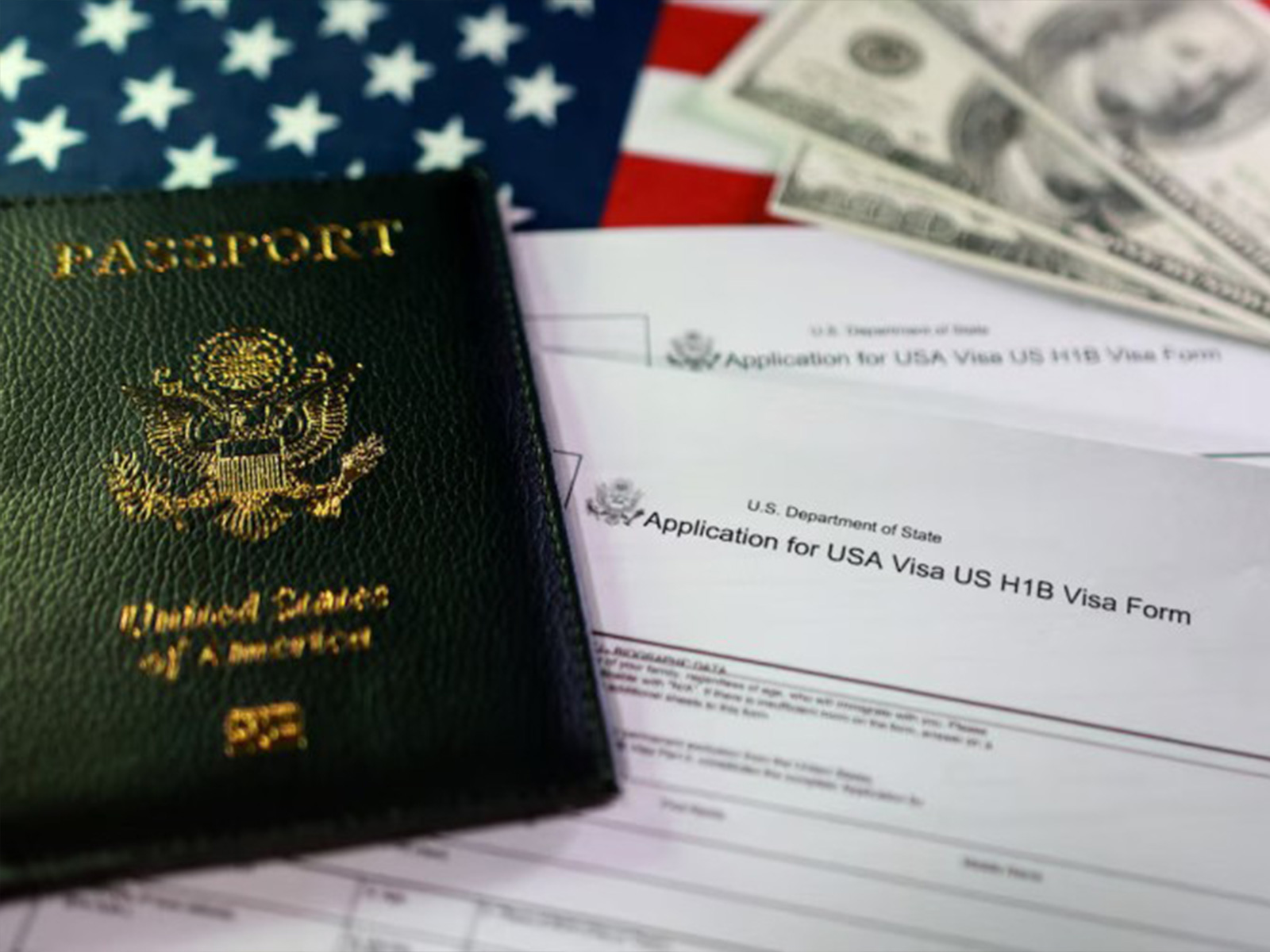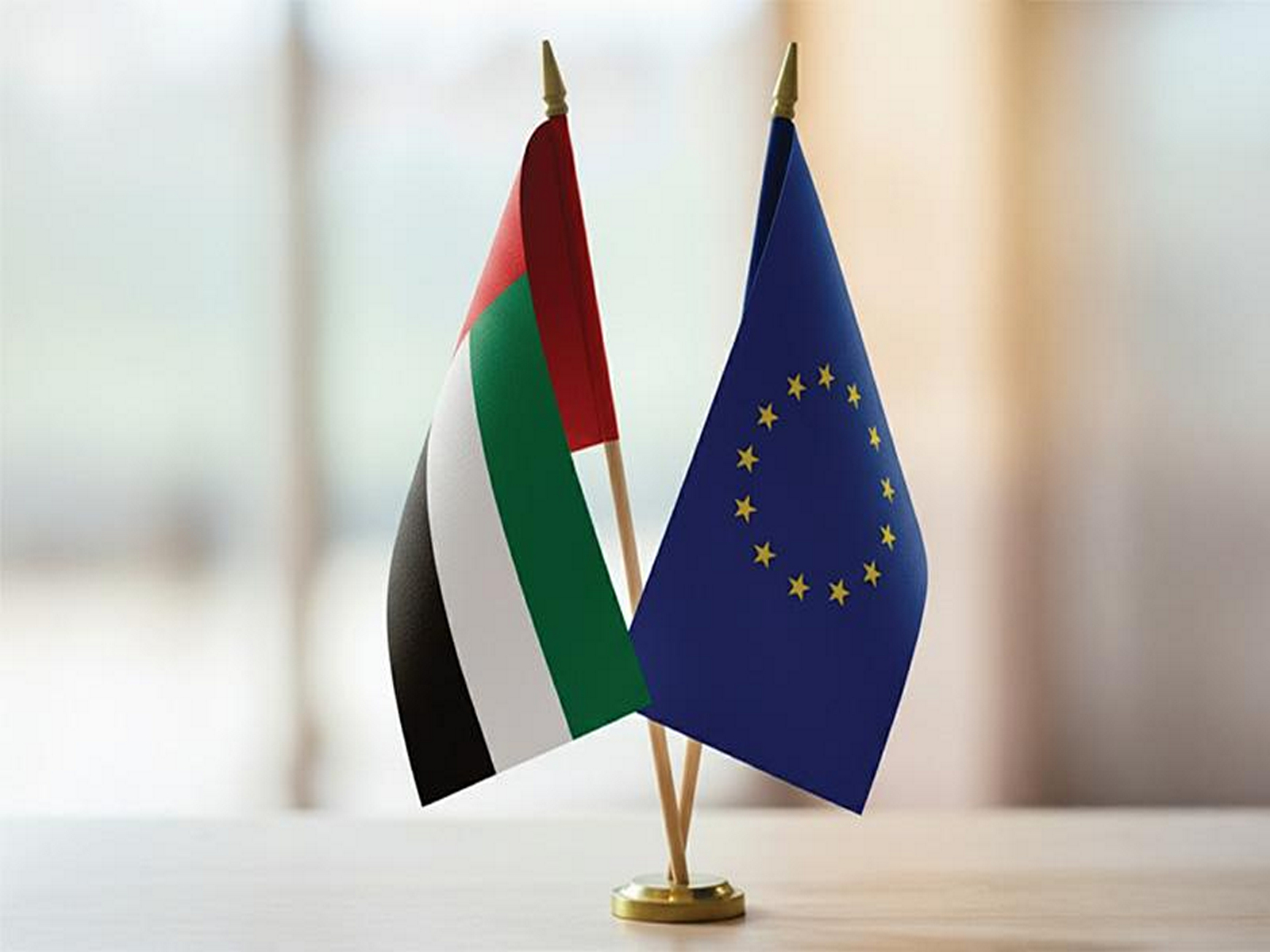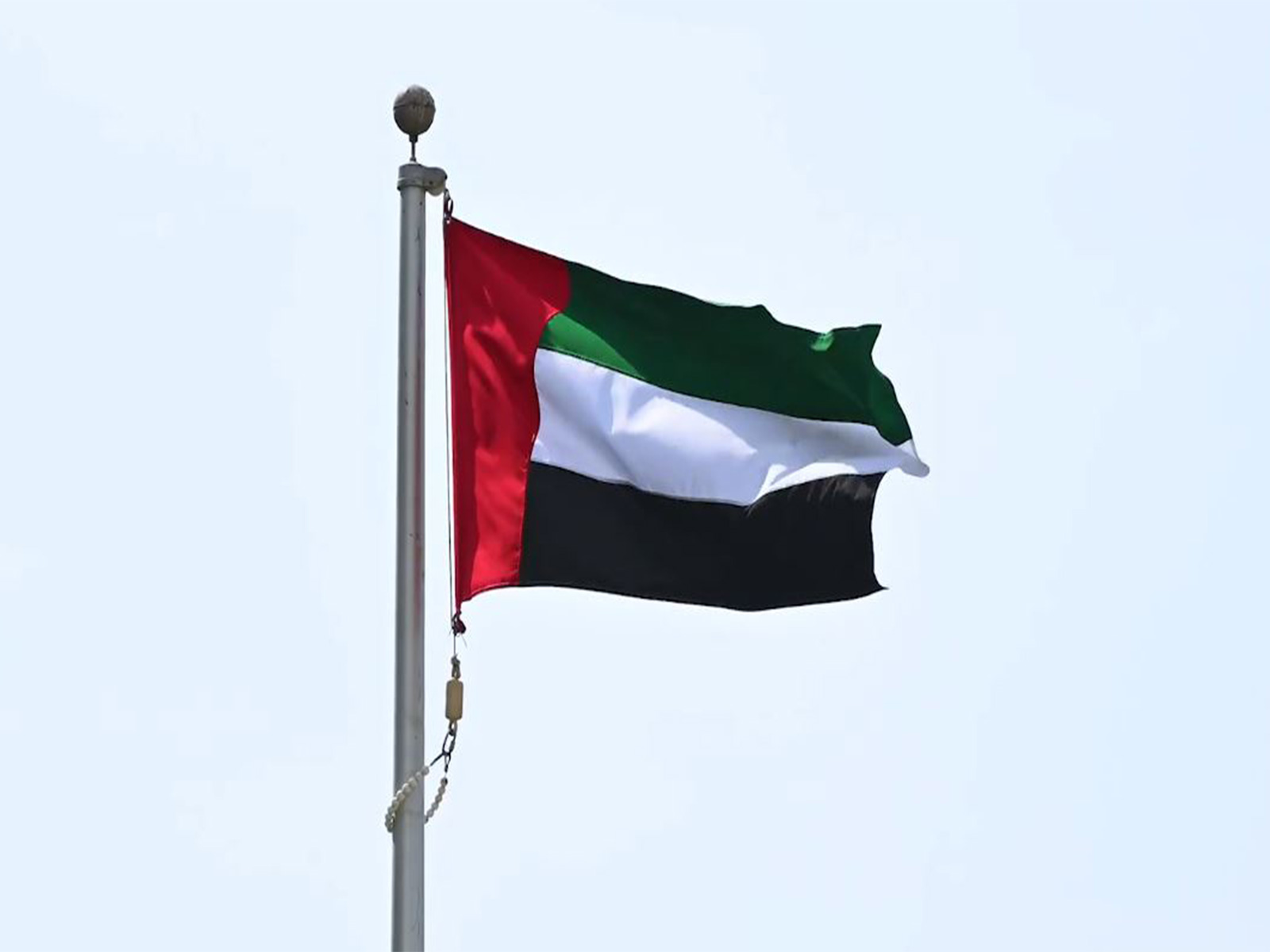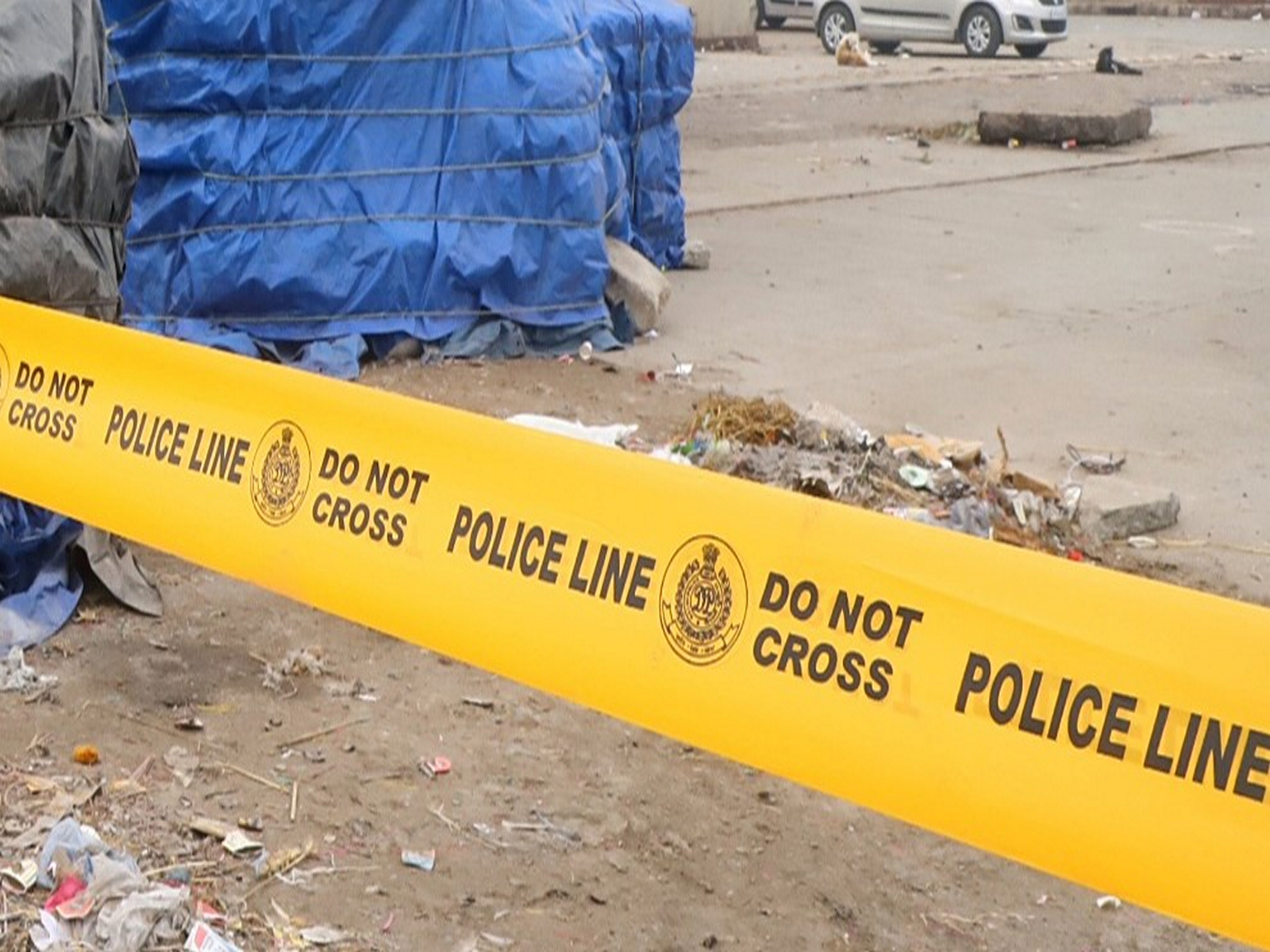Are the attacks by Israeli Arabs an ISIS operation or a new 'Intifada of Knives'?
Apr 04, 2022

By John Solomou
Nicosia [Cyprus], April 4 : Three separate deadly attacks by Israeli Arabs in just a week in Be'er Sheva, Hadera and Bnei Brak caused fears of an unprecedented "terrorist onslaught" by ISIS sleepers or a repetition of the 2015-2016 "Intifada of Knives". These three attacks, in which 11 Israelis were killed, were the worst in six years.
On March 22, a Bedouin named Ghaleb Abu al-Qi'an, from the village of Hura in the Negev drove to a gas station on the Hebron-Be'er Sheba road and stabbed an Israeli to death.
Then he drove to a crowded shopping mall in the center of Be'er Sheba and stabbed two more civilians. He got back into the vehicle and rammed into a bicycle killing the rider.
Soon after that, the assailant was killed by two civilians who shot him dead.
Israeli Police Commissioner Kobi Shabtai said the assailant was formerly a high school teacher who was a supporter of ISIS and tried to join its ranks and who was released from jail 18 months ago. In the past, ISIS had actively recruited Bedouins from the Negev.
Five days later, on March 27, 2022, Ayman Ighbariah and Ibrahim Ighbariah, two Palestinian cousins, armed with automatic rifles and handguns drove their car in the central Israeli city of Hadera. They exited the vehicle and shot dead two Border Policemen and wounded two others.
An undercover Border Police unit that happened to be at the site exchanged fire with the attackers and killed them. Another three people were wounded in the gunfight.
Two years ago, Ibrahim had been released from an Israeli prison, after promising that he would not join the ranks of ISIS or any other terrorist organization.
ISIS formally claimed responsibility for the assault and described it as a "sacrifice attack".
The Palestinian Authority did not publicly comment on the attack, but Hamas, the militant group that controls the Gaza Strip, praised the attack and it called it "a heroic action".
In the third attack in seven days, an attacker on 29 March dressed in black started firing an M16 assault rifle in the Bnei Brak, a city near Tel Aviv, killing two Ukrainian men sitting outside a grocery shop, then opening fire at a passing car, killing the Israeli driver and then killed a fourth man. Two police officers intervened and shot the assailant, who fatally wounded one of the Policemen.
This time the assailant was not affiliated with ISIS, but with the armed wing of the Fatah Movement, at the helm of the Palestinian Authority in Ramallah.
Although Palestinian President Mahmoud Abbas was quick to condemn the Bnei Brak attack, other elements of the Fatah praised the attack and its perpetrator, and celebrations broke out in the Jenin area, processions were held, and locals handed out sweets.
At the height of the Islamic State's power, it was estimated that about 50 Israeli Arabs joined ISIS and the other jihadist organizations. Some of them were killed in the fighting, while others returned to Israel and were brought to trial.
Israeli Security forces, fearing a repetition of clashes that occurred in the past with Arabs during the holy month of Ramadan, increased their vigilance, stepped up security and carried out several arrests and raids in the West Bank.
Last Thursday, Israeli Security Forces raided a refugee camp in Jenin in the occupied West Bank and fought a gun battle, killing two Palestinians and wounding more than a dozen. On the same day, a Palestinian who stabbed and wounded an Israeli man on a bus in the West Bank was killed by a bystander.
Of course, Israel is not unaccustomed to violent attacks and gunfights between Palestinians and the Security Forces, however, it is the first time that assailants connected with ISIS carry out terrorist acts in the Jewish state.
According to some reports in the Israeli media, security officials believe that in Israel there are between 20 and 30 terrorist ISIL cells. After the recent attacks, 12 supporters of the Islamic State have been arrested. The Police and the Shin Bet security service fear that the attacks on 22 and 27 March may inspire copycat attacks. Already, some Israelis are convinced that the Brei Brak attack was a copycat crime.
As journalist Yossi Verter of the Haaretz newspaper points out: "Israel is a country learned in the ways of terror, in all its forms and styles. However, Arab Israelis who murder in the name of the Islamic State idea are an unknown species. Islamic State is a bit like the coronavirus; we're convinced that it's over and then a new variant crops up from a completely unexpected direction... The defense establishment is fighting an invisible enemy: Islamic State operatives in Israel are not united and act almost on their own."
But it should be clear that what the Israeli Government is really scared about is if a new "intifada of the knives" breaks out during a confluence this April of the Muslim holy month of Ramadan, the Jewish holiday of Passover and the Christian holiday of Easter. If there are Palestinian attacks, they may be followed by revenge killings by outraged Jews, thus perpetuating a cycle of violence.
"The Intifada of the Knives" was the third intifada, (the first was called the Intifada of Stones in 1987, the second the al-Aqsa intifada in 2000). It took its name from the fact that 50 Israeli women and men were stabbed between September 2015 and October 2016.
Danny Seidemann, an Israeli expert on Jerusalem says: Customarily, the Old City (Jerusalem) is the one location where these three often incompatible faiths cohabit and celebrate in the same limited space. But when tensions soar, as well they may this year, Jerusalem can transform "clash of civilizations" into local politics with global shockwaves."

















